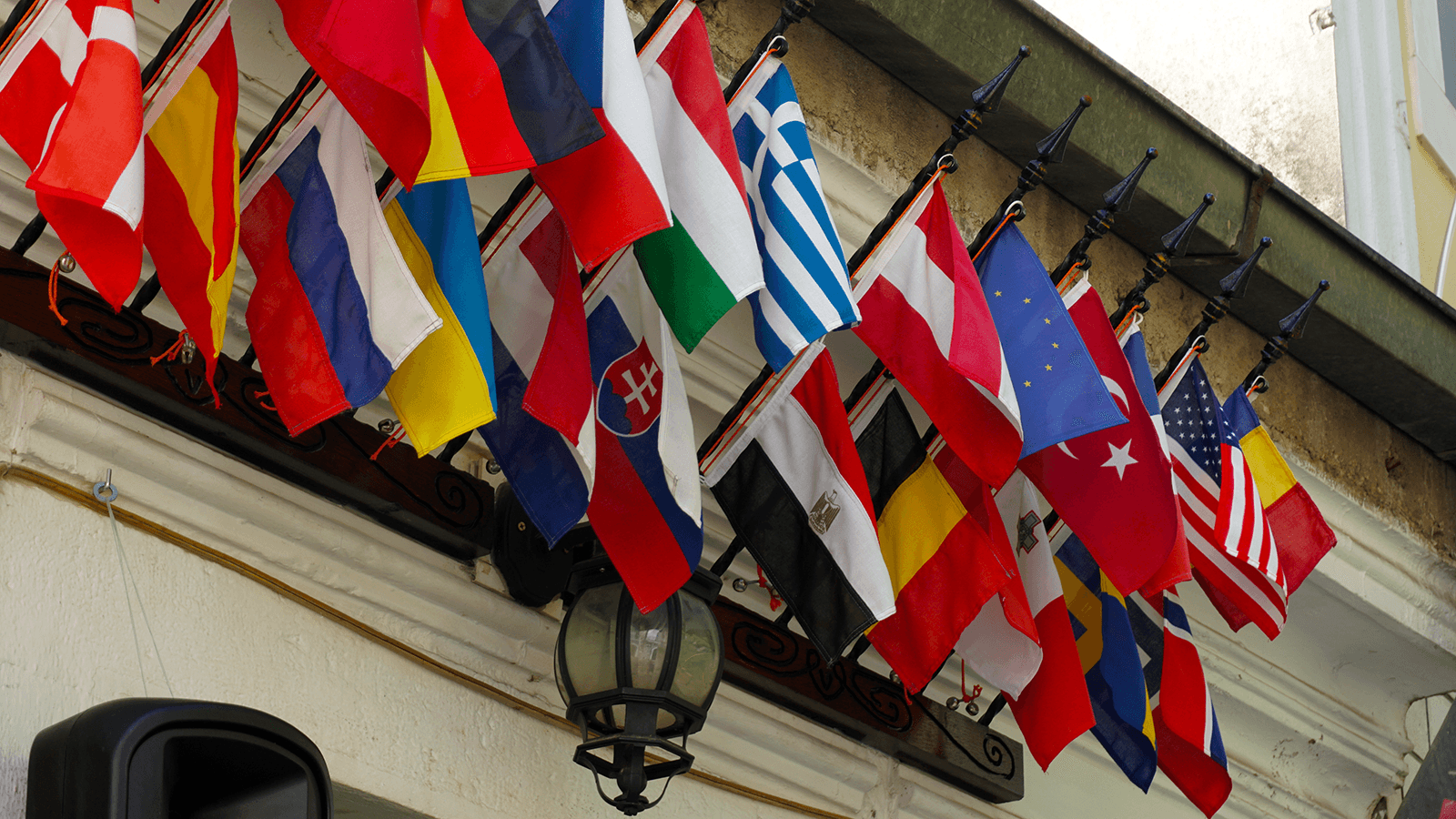OECD Releases Framework to Unify Global Crypto Tax Reporting
The proposed guidelines are aimed at sharing cryptoasset taxpayer information between the OECD countries

Source: Shutterstock
- Cryptoassets increase tax evasion likelihood as they aren’t covered under current standard, agency says
- Framework will be presented to G20 finance ministers this week
The Organization for Economic Cooperation and Development (OECD) presented a new global tax transparency framework for the reporting and exchange of cryptoasset information.
Cryptoassets are unlike traditional financial products in that they can be transferred without intermediaries like banks, increasing the chances of their use in tax evasion, the agency said in a statement on Monday.
It states that cryptoassets aren’t covered under the scope of the Common Reporting Standard, designed to prevent international tax evasion. Developments in crypto “have reduced tax administrations’ visibility on tax-relevant activities carried out within the sector, increasing the difficulty of verifying whether associated tax liabilities are appropriately reported and assessed,” the agency said.
New reporting requirements
To aid in regulating tax evasion, members of the G-20 requested the organization in April 2021 to develop a framework for automated information exchange between them.
After public consultation on the global tax framework for cryptoassets beginning in March this year, the new framework was approved by the Committee on Fiscal Affairs on Aug. 26. Its proposals are a response to the rapid adoption of cryptoassets by both retail and institutional investors.
The new framework defines cryptoassets as those that can be “held and transferred in a decentralised manner” without financial intermediaries, including stablecoins and derivatives.
Exchanges and other brokers that play a central role in the cryptoasset market are required to collect and review the required documentation of their customers, on the basis of anti-money laundering rules.
Due diligence practices to be followed by individuals and entities are also mentioned in the report.
G-20 finance ministers to review proposed rules
The 100-page CARF document will be presented to finance ministers and central bank governors of the G-20 member countries at their next meeting between Oct. 12 and 13 in Washington, DC. India, South Korea, Brazil, the US, the UK and the European Union are among the participant members.
If approved, it would formalize the automatic transfer of cryptoasset taxpayer information between the OECD’s 38 member countries.
Get the news in your inbox. Explore Blockworks newsletters:
- The Breakdown: Decoding crypto and the markets. Daily.
- 0xResearch: Alpha in your inbox. Think like an analyst.






